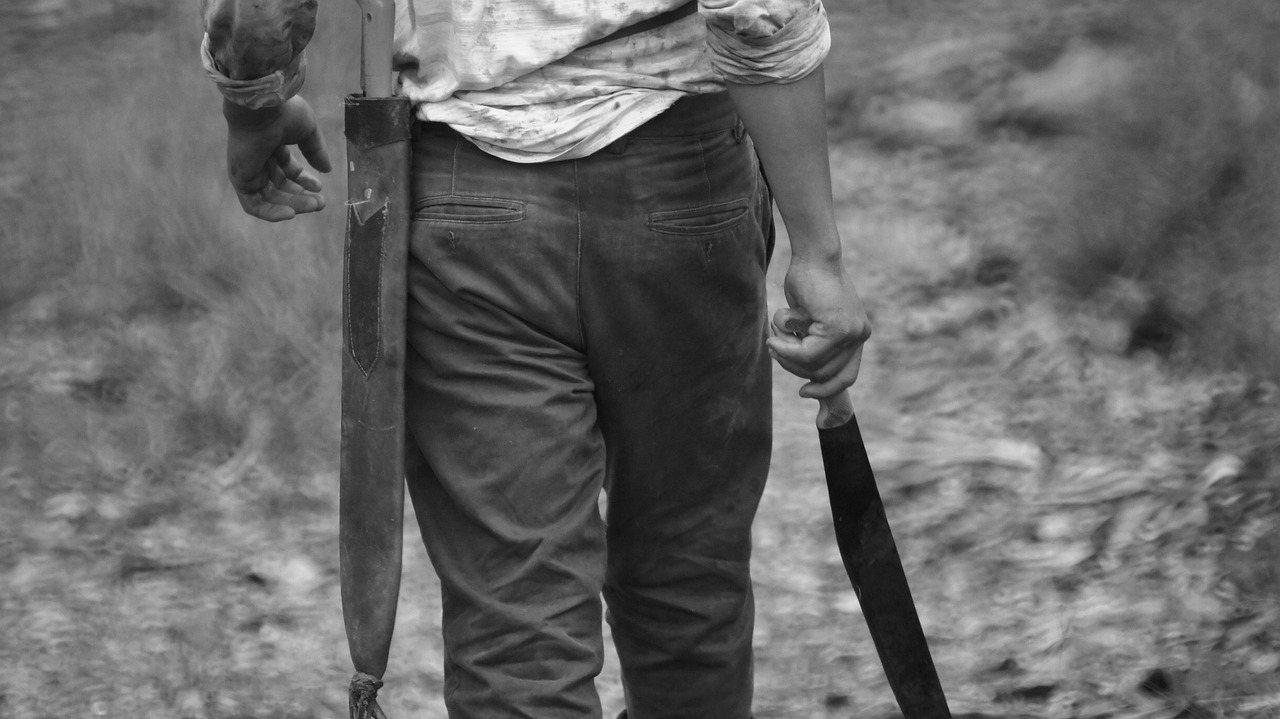A relative newcomer to Costa Rica recently asked me what changes I had witnessed over the past 35 years of living here. I said something about how the number of vehicles on the road had probably tripled, while the population has nearly doubled. The cost of living was up—but isn’t that the case everywhere?
Later, I jotted down a list of changes I’ve seen in Costa Rica while reminiscing about those long-gone days of the 1990s:
1. Copy Centers
Once a vital part of any librería, copy centers were always bustling. Students copied borrowed textbooks, teachers duplicated tests, and long lines snaked toward tired attendants hunched over xerox machines. I even knew a massage therapist hired to treat copy staff after 50-hour workweeks. Now? Nearly extinct.
2. Lada Nivas
These boxy, Russian-made 4x4s were everywhere. “Lada” was just one letter away from lata—tin can—and niva jokingly translated to “doesn’t go.” But they were affordable and dependable enough for rural roads.
3. Movie Theaters
There were two in my town. One’s now a farmacia, the other an Importadora Monge. Streaming has claimed another victim.
4. Machete Chapeo
The gentle rhythm of a blade cutting grass is now drowned out by the shrill whine of weed-whackers. More efficient, sure—but far less pleasant.
5. Cédula Books
My first cédula was a ragged little booklet with my photo glued in and information written by hand. Today’s version? A sleek, laminated ID with everything digitized.
6. Timbres (Tax Stamps)
Government transactions often required these low-cost tax stamps. Getting them meant a trek across town. I’m not sure if they’re still required, but I hope not.
7. Un-airconditioned Banks
Before the 2000s, banks had long lines and minimal seating. Fans lazily swirled warm air, and only the elderly or disabled got to sit. Now, modern bank branches blast A/C.
8. Fake Cell Phones
In the early days of cellular service, some status-conscious Ticos carried fake phones. At some venues, phones had to be checked at the door—many turned out to be non-functional props.
9. Human Blockades
Protesters would physically block highways to protest government actions. Though now technically illegal, the practice still happens—depending on public sentiment.
10. Newspaper Peddlers
Corner news vendors with wagons full of papers are disappearing. So are many of the newspapers and magazines they once sold.
11. Single Cigarette Sales
You could once buy just one cigarette from the news guy. That disappeared along with the nationwide indoor smoking bans.
12. Store Packers
In hardware stores, a separate employee packed and sealed your purchase. You’d buy the item, get a receipt, and hand it to the packer, who’d wrap everything with care.
13. Unpaved Roads
Many primary roads were gravel nightmares. What now takes 30 minutes once took two hours. It’s not perfect today—but it’s better.
14. Small Banknotes
I remember using a ₡10 note. The ₡10,000 bill didn’t exist until 1998. Back then, paying cash meant carrying around a thick manila envelope. Now, it’s mostly plastic (credit cards).
15. Bars Closed on Election Day
In the past, the law closed all bars on Election Sunday and during Holy Week’s Thursday and Friday. These days, it’s up to each canton. Many urban areas stay open.
16. Rural Hitching Posts
Some towns had posts to tie up horses downtown. On recent visits, those are gone. And then there are changes familiar everywhere: No more clunky tube TVs, no payphones, no video rental shops, and hardly any internet cafés.
Despite it all, many aspects of Costa Rica remain unchanged. Volcanoes still erupt, temblores shake the ground, and storms still light up the night sky. And every week, the ferias, Sunday church services, and fútbol games on the cancha continue, reminding us that some things endure.






